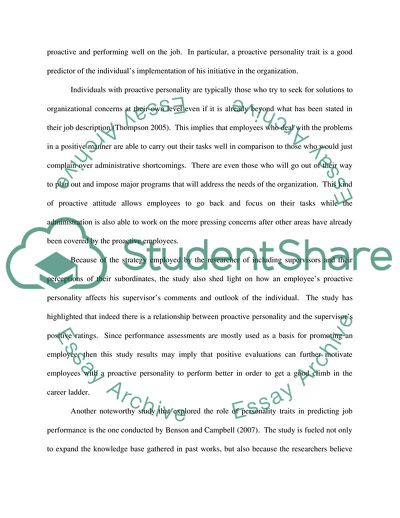Cite this document
(The Role of Personality Traits in Predicting Future Job Performance Article, n.d.)
The Role of Personality Traits in Predicting Future Job Performance Article. https://studentshare.org/psychology/1723404-the-role-of-personality-traits-in-predicting-future-job-performance
The Role of Personality Traits in Predicting Future Job Performance Article. https://studentshare.org/psychology/1723404-the-role-of-personality-traits-in-predicting-future-job-performance
(The Role of Personality Traits in Predicting Future Job Performance Article)
The Role of Personality Traits in Predicting Future Job Performance Article. https://studentshare.org/psychology/1723404-the-role-of-personality-traits-in-predicting-future-job-performance.
The Role of Personality Traits in Predicting Future Job Performance Article. https://studentshare.org/psychology/1723404-the-role-of-personality-traits-in-predicting-future-job-performance.
“The Role of Personality Traits in Predicting Future Job Performance Article”. https://studentshare.org/psychology/1723404-the-role-of-personality-traits-in-predicting-future-job-performance.


